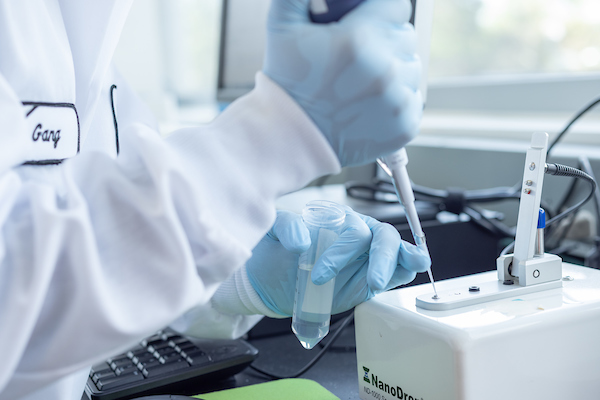Understanding Proteins — their role in life, and in some of the most challenging diseases we face today
Proteins are essential for life. Every cell in our body makes protein every day. And for those proteins to work correctly, they need to fold in a certain three-dimensional shape and space. Systems in our cells recognize misshapen proteins and try to fix them. If they can’t help fold them into the correct shape, the misfolded proteins are shredded and cleared. Sometimes some of our healthy cells undergo an event that causes them to make high amounts of misshapen proteins that are released unchecked.
When misfolded proteins are not cleared adequately, they accumulate and begin to damage vital organs. The diseases caused by the accumulation of misfolded proteins include some of the most challenging diseases with high unmet need we face today, including Alzheimer’s, Parkinson’s and rare peripheral amyloid diseases like amyloidosis. These devastating conditions affect millions of people and their families worldwide and put extreme economic pressure on our healthcare system.
At Prothena, we are dedicated to developing novel and transformative medicines to create a better future for people with neurodegenerative and rare peripheral amyloid diseases. There are three key elements in our scientific process:
- Deep understanding of the disease and its effects on patients. A direct connection with the patient is extremely important to appreciate what they have to go through and how a treatment can best meet their needs.
- Deep understanding of the pathology. What are the physiological changes that are now leading to the symptoms that the patients are experiencing.
- Identifying which proteins are causing the pathology so that we can optimally design molecules that go after those proteins while sparing the normal biology of those proteins.
Understanding where, when and how proteins dysregulate leads us to understand how these diseases can be prevented and treated. To treat the disease, we must first define it by asking the questions; what is the offending protein, where is it made and where does it deposit and cause dysfunction?
The treatments that we’re developing at Prothena treat the underlying pathophysiology to either stop the disease in its tracks, potentially reverse or regress the disease and maybe even prevent the disease from even coming on in the first place.
Learn more about Prothena’s scientific approach and hear directly from our CEO, Gene Kinney, by watching this video.
